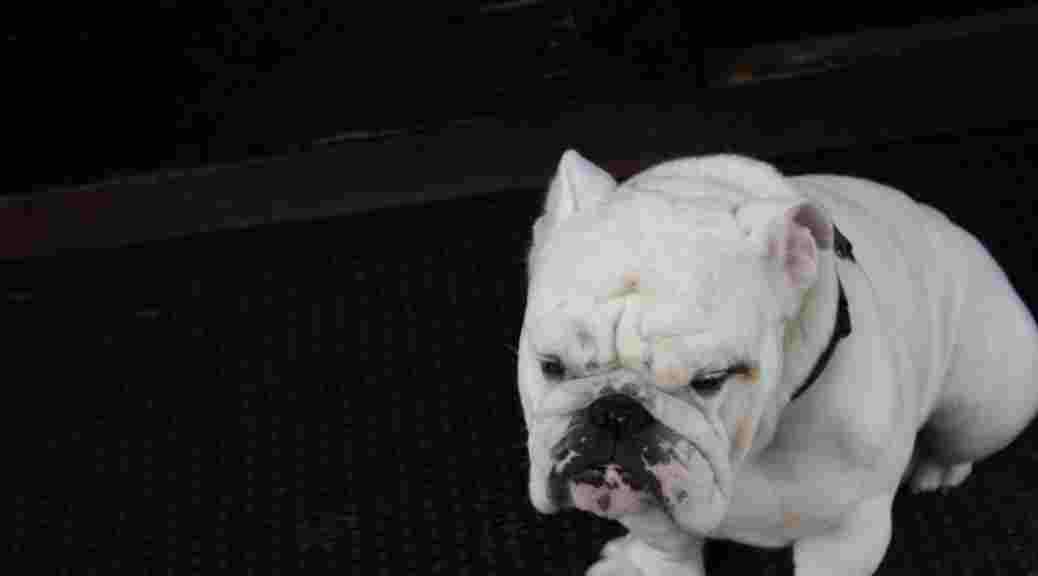
Sarah Roberts: What if Little Red was a boy?
The Little Red Riding hood stories are all similar but different in their own unique way. Growing up the little red riding hood stories were always told the same way to me. Little Red gets tricked by the wolf and gets eaten. As a kid I never questioned the meaning behind this common tale but after reading the different versions of the story I can see a very common similarity that seems to stick out to me. It is very apparent that the moral in many of the stories is to not wander off and talk to strangers as a little girl. It is a parents biggest fear for their child to be kidnapped and tricked into a dangerous situation. My parents always told me “don’t talk to strangers” and the wolf in this case represents that stranger my parents always told me about.
One other stereotype that seems to be common in many of the Little Red Riding hood stories is that fact that she is always described as pretty, innocent, and desirable. The Charles Perrault version starts off by saying “Once upon a time there was a village girl the prettiest you can imagine.” In comparison the Brothers Grim version starts off by saying “Once upon a time there was a dear little girl. If you set eyes on her you could not but love her.” Most of these stories and these two in particular all describe Little Red in very similar ways. A pretty innocent girl gets tricked by the wolf. In reality almost anyone can get tricked into a dangerous situation. No matter if you are a boy or a girl. The Wolf is always the antagonist and the little girl is trying to escape. These two stories greater meaning is to teach kids to not listen to strangers. I think it’s important now to tell the story in both perspectives.
Each version of the story ends in a different way. I really liked the way that Roald Dahl described the ending and Little Red. In his version Little Red Riding Hood shoots and kills the wolf and becomes very mischievous after doing so. I like this ending because it shows that women are powerful and strong. This ties into Coles quote that “The whole point of stories is not ‘solutions’ or ‘resolutions’ but a broadening and even heightening of our struggles.” Often times as a society we are scared of predators. I really like that Dahl’s story gives a new perspective that women can protect themselves. Just because she’s a girl and innocent doesn’t mean she doesnt have the means to protect herself. If I were to rewrite this story on my own I think I would switch the gender roles of the wolf and Little Red to show that no matter what gender you are talking to strangers can put you in danger.


